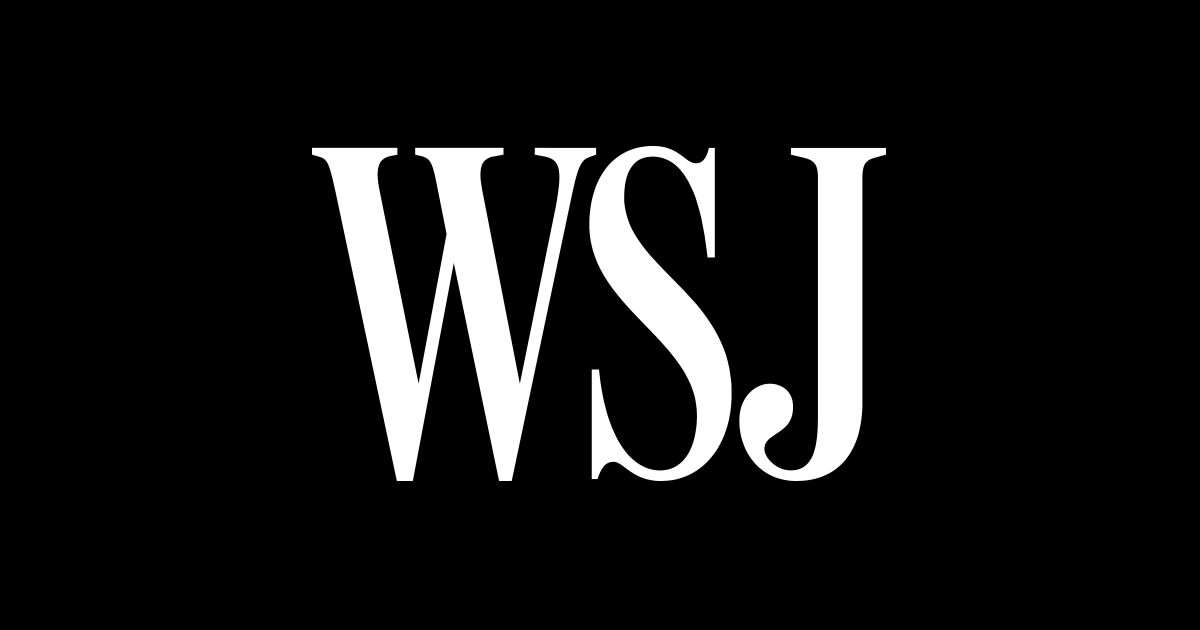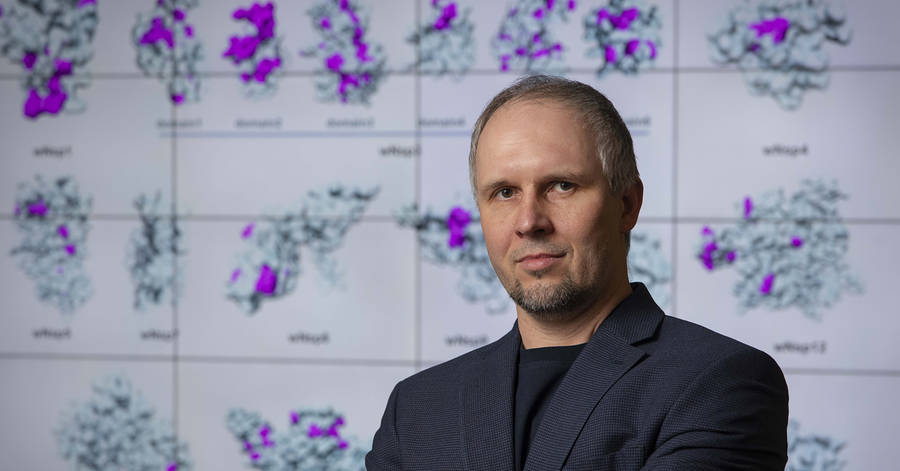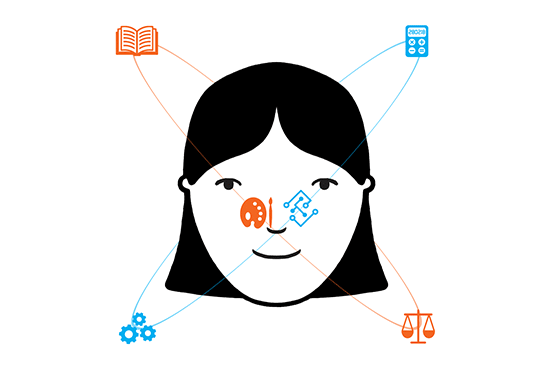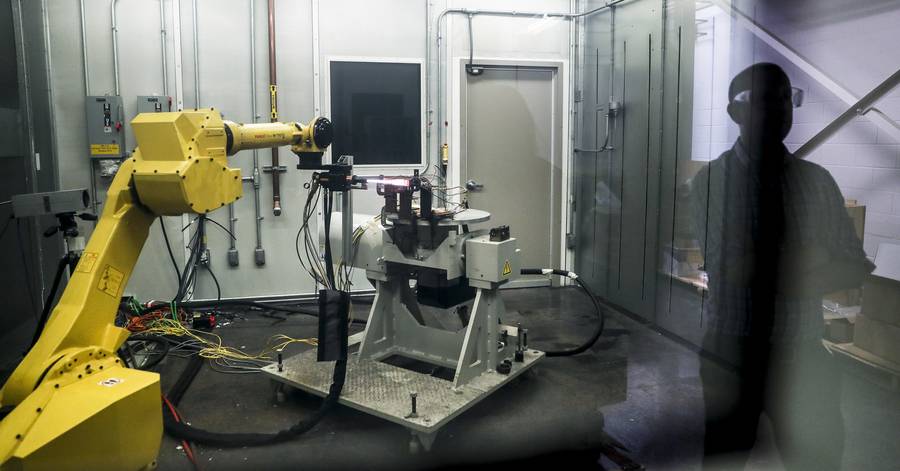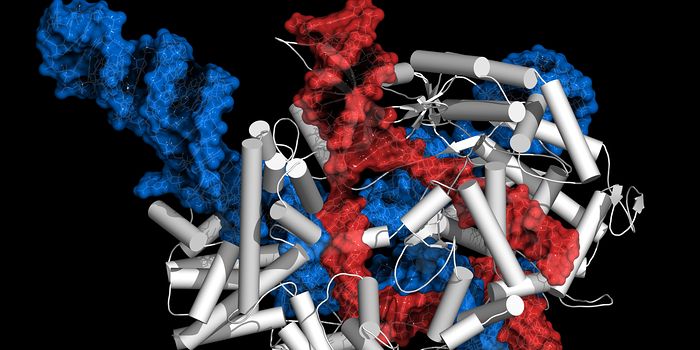Send us a link
Opinion | University Vaccine Mandates Violate Medical Ethics
College students aren't guinea pigs.
A Deadly Coronavirus Was Inevitable. Why Was No One Ready?
Scientists warned of a coming pandemic for decades. Yet when Covid-19 arrived, the world had few resources and little understanding-despite years of work that outlined almost exactly what the virus would look like and how to mitigate its impact.
Fake News Comes to Academia
How three scholars gulled academic journals to publish hoax papers on ‘grievance studies.’
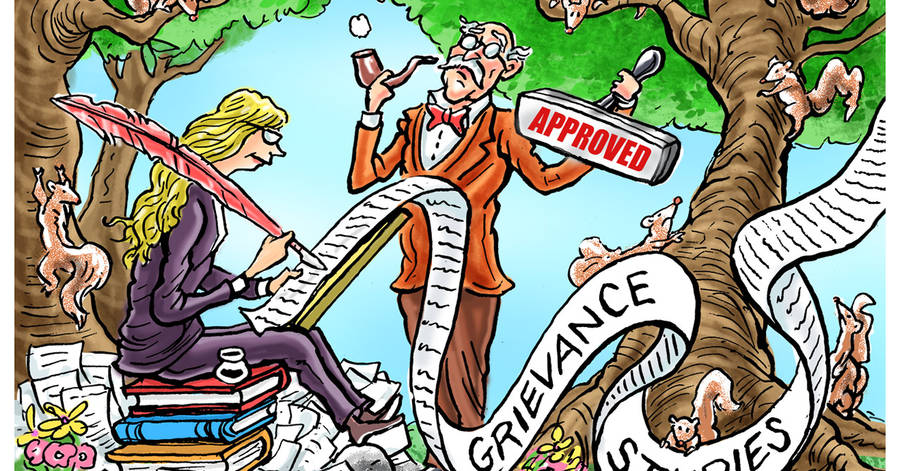
How Bad Is the Government’s Science?
Policy makers often cite research to justify their rules, but many of those studies wouldn’t replicate.
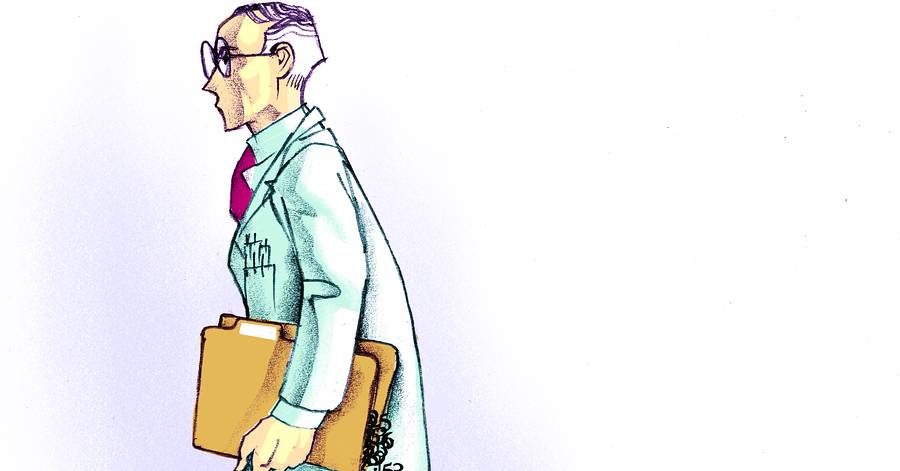
Inside Google’s Academic Influence Campaign
Google operates a little-known program to harness the brain power of university researchers to help sway opinion and public policy, cultivating financial relationships with professors nationwide.
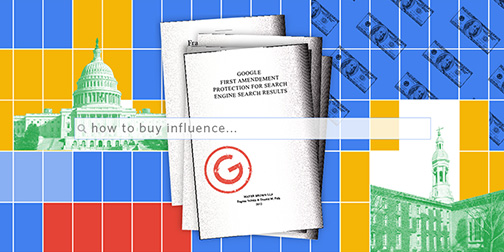
The Breakdown in Biomedical Research
Contaminated samples, faulty studies and inadequate training have created a crisis in laboratories and industry, slowing the quest for new treatments and cures.
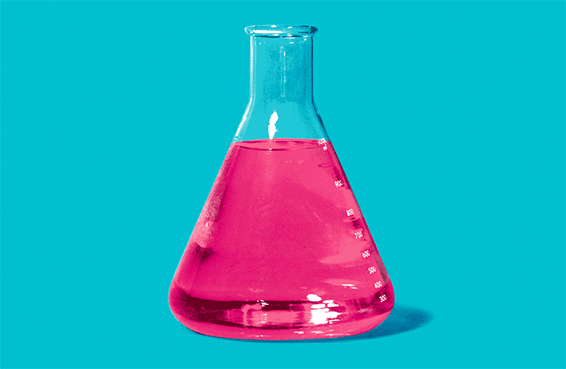
Virtual Reality’s Next Frontier
Virtualitics launches software that immerses viewers in complex models of data
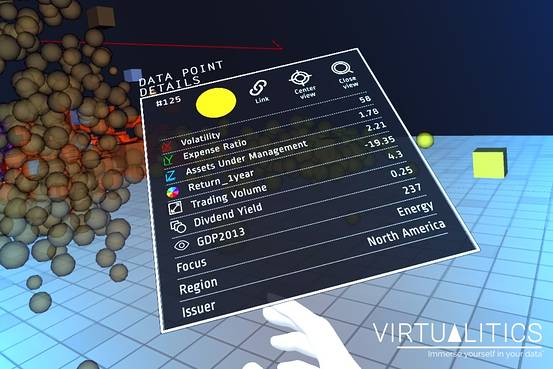
The Economy’s Hidden Problem: We’re Out of Big Ideas
Dwindling gains in science, medicine and technology hold back growth; is America too risk-averse?
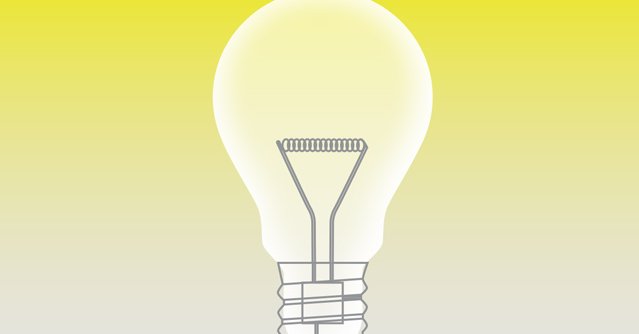
Theranos Whistleblower Shook the Company—And His Family
Tyler Shultz says he wanted to shield reputation of former Secretary of State George Shultz, a Theranos director; $400,000 in legal fees
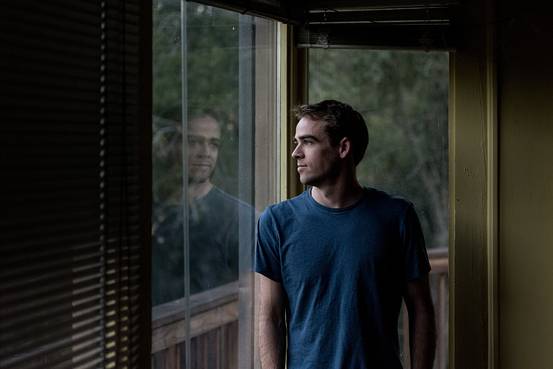
Nike Co-Founder Phil Knight Gives $500 Million
The University of Oregon is launching a new science campus, backed by a $500 million gift from Nike Inc. co-founder Phil Knight and his wife.
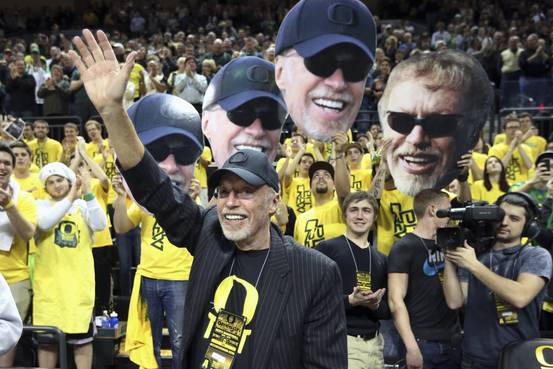
Job-Seeking Ph.D. Holders Look to Life Outside School
As the supply of doctorate holders grows and their academic job prospects dwindle, schools take steps to help graduates find work beyond the academy.
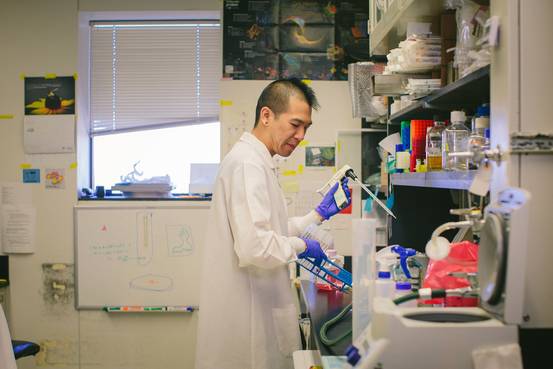
As Wearables in Workplace Spread, So Do Legal Concerns
As wearable devices in the workplace spread, so do the legal concerns. Companies can now use the devices to monitor their employees’ health and track their locations. How should such technology be used to avoid legal problems?

Patients, Scientists Fight Over Research-Data Access
Patients, Scientists Fight Over Research-Data Access
A controversy surrounding a study of chronic fatigue syndrome is prompting some scientists to push back against demands that they make medical research data more widely available to other researchers and patients.

Calculus Is So Last Century
Tianhui Michael Li and Allison Bishop write about the overemphasis on calculus in high school and college math courses. Statistics, linear algebra and algorithmic thinking are more valuable in the digital age.

How much should scientists check other scientists' work?
A debate is growing in the research world over the value of replicating older, peer-reviewed studies.
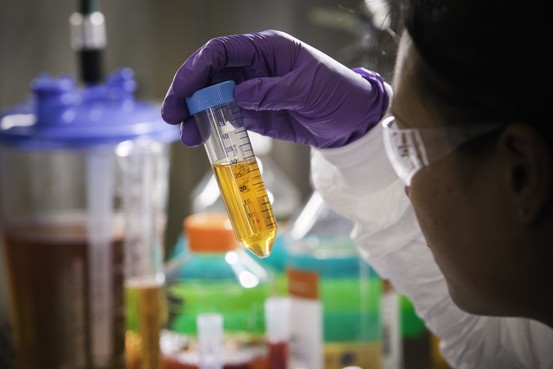
How many scientists does it take to write a paper?
Modern science is becoming larger-scale and more collaborative.

Harold Varmus stepping down as director of the National Cancer Institute
Harold Varmus, a Nobel Prize winner who has led the National Cancer Institute at the NIH for nearly 5 years, said he will step down from his post effective at the end of this month.
